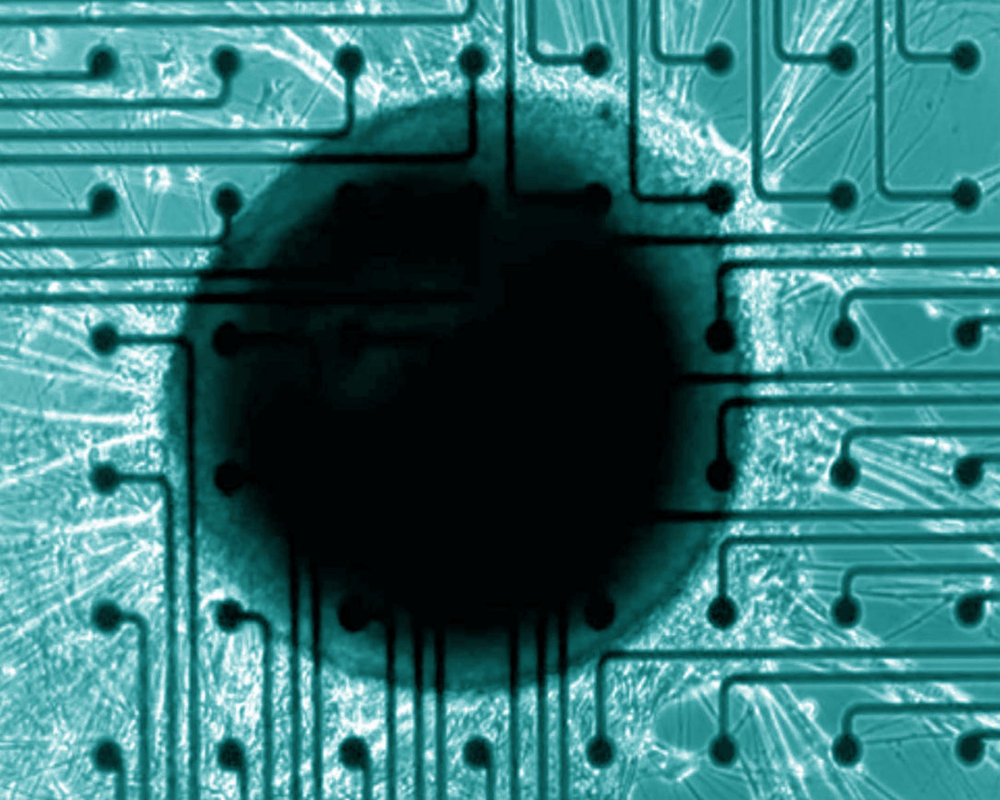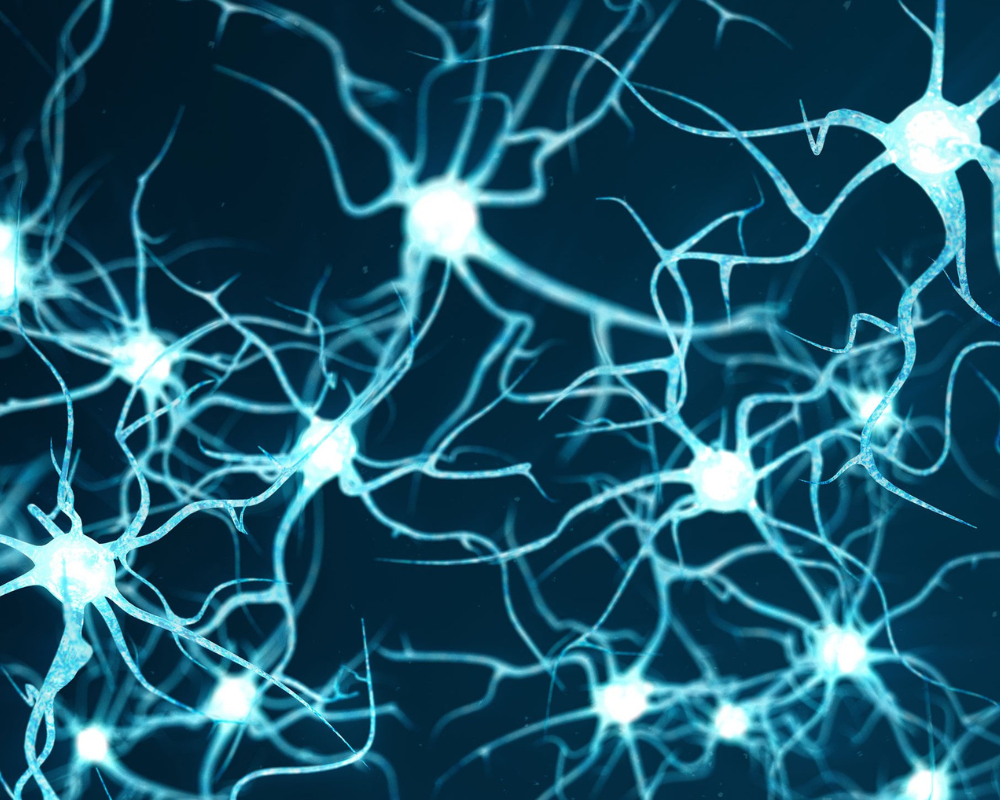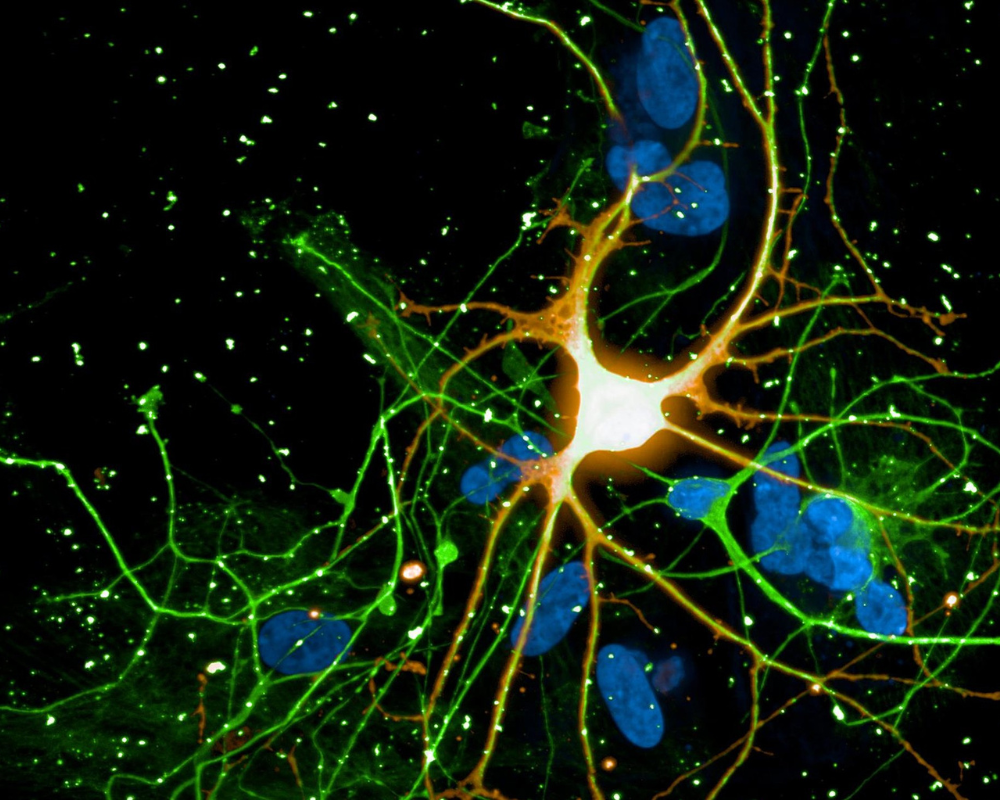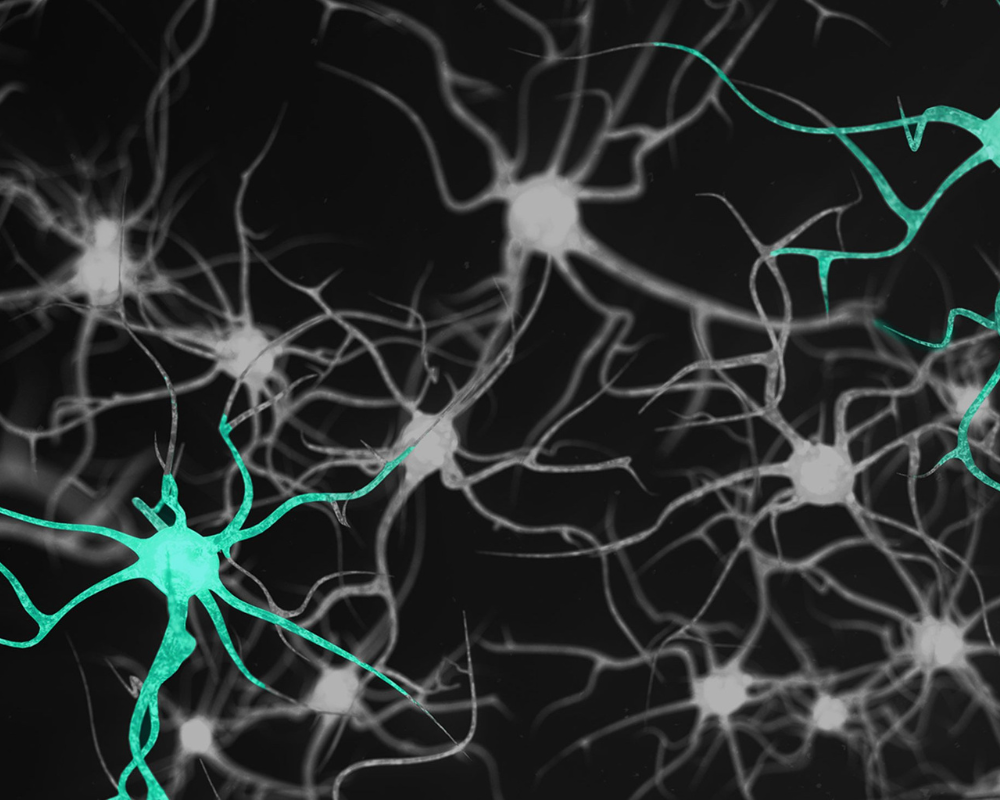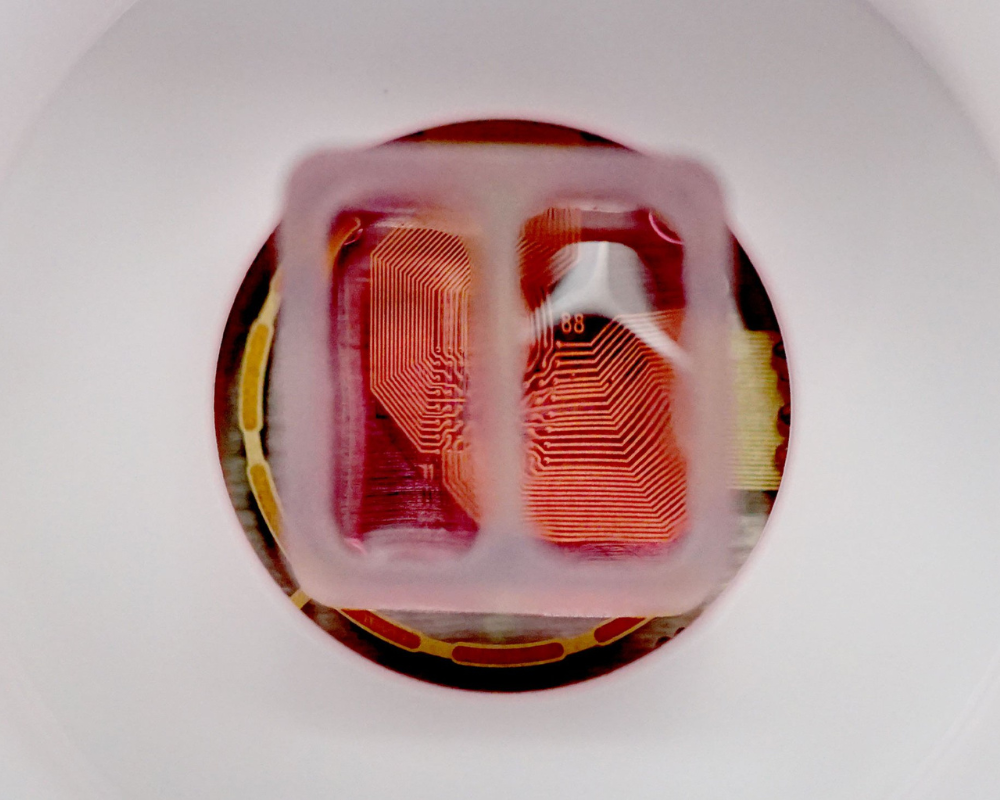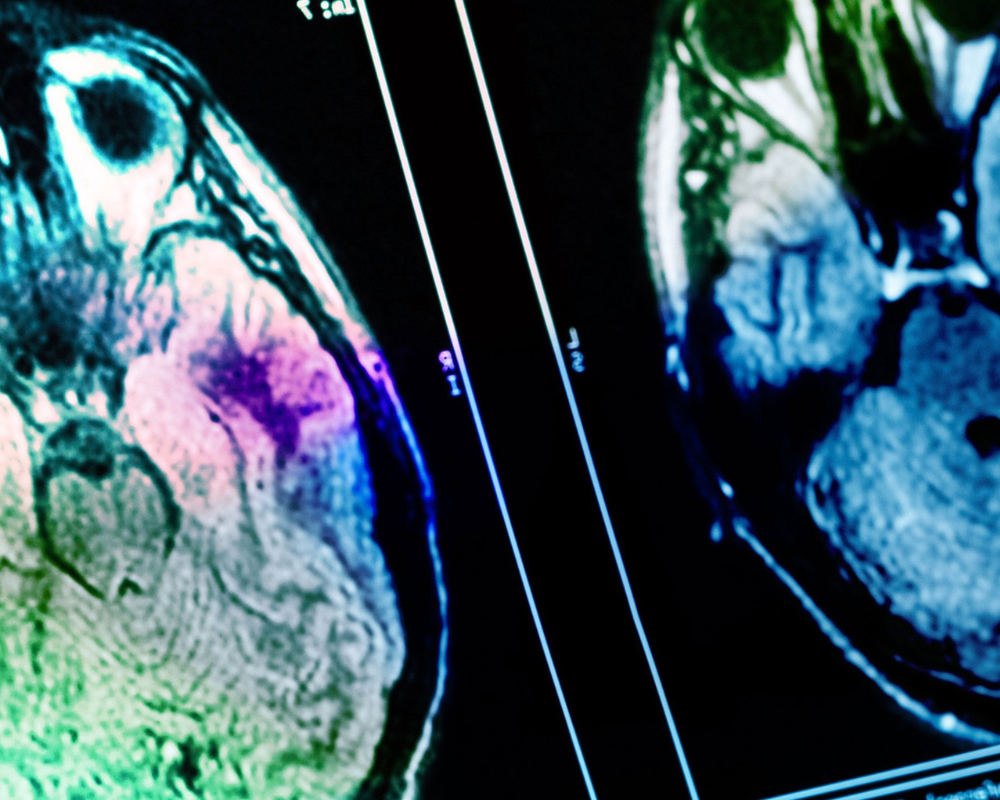
Advance your regenerative biotherapeutics research
Neuroregenerative medicine offers new hope for the treatment of neurodegenerative diseases and the repair of spinal and peripheral nerve injuries. Our versatile live-cell analysis systems offer a powerful platform for studying neuroregeneration in real time with no labels, dyes, or complicated steps.
Discover how your team can unlock the mysteries of neuroregeneration and accelerate the development of groundbreaking therapeutics.
>> Investigate the mechanisms of neuroregeneration with continuous monitoring of neuronal activity.
>> Assess neural innervation and connectivity in real time without disturbing the underlying biology.
>> Evaluate the functional effects of therapeutic strategies for neurological disorders and injuries in vitro.
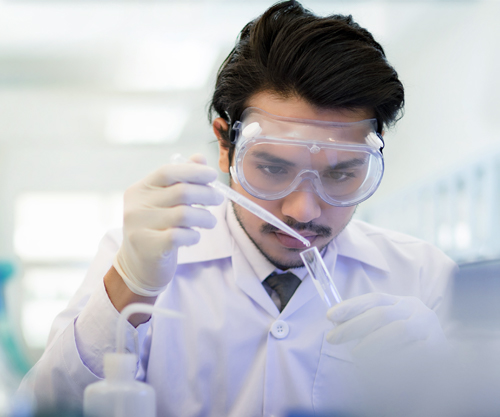
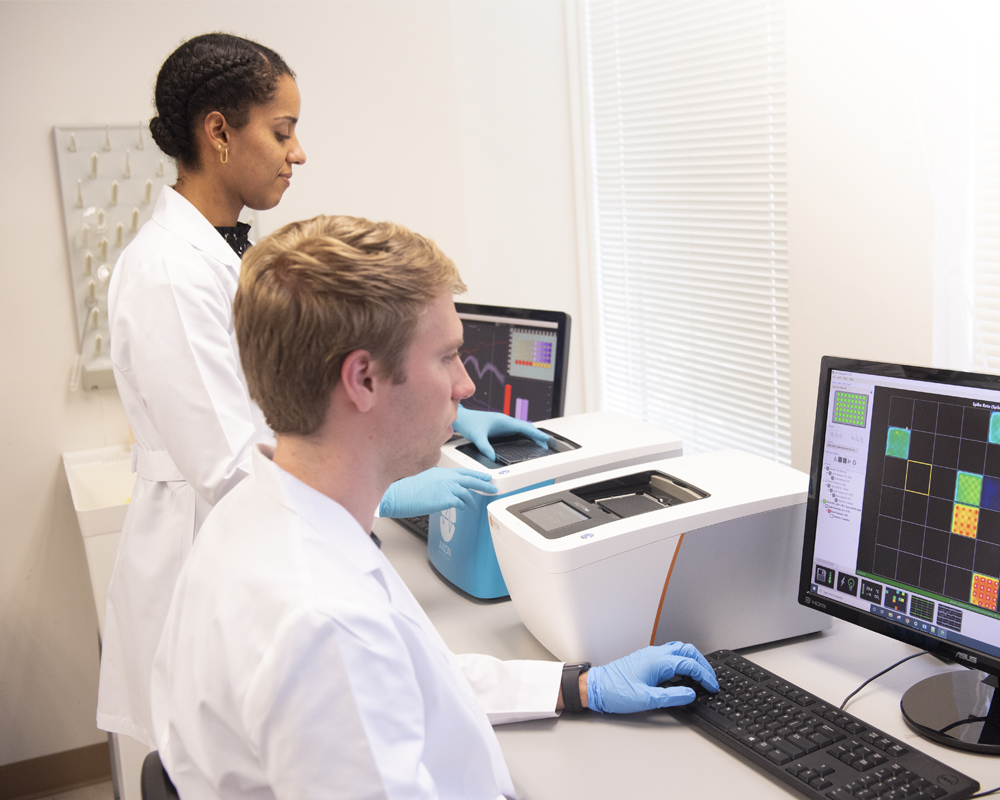
Featured neuroregenerative research publications
Read selected publications to learn how scientists are using Axion’s MEA platform to advance neuroregenerative medicine research.
>> Bo. tox. conditioning enhances motor axon regeneration in mouse and human preclinical models
Neural Organoids
Measure neural activity from live neural organoids and characterize advanced network behavior.
Neural Co-culture and Glial Interaction
Examine the role of glial cells and other non-neuronal cells in disease pathogenesis and progression.
Neural Characterization and Development
Monitor neural development and quantify network dynamics to identify unique properties of your culture.
Neurotoxicology and Safety
Characterize the neuroactive properties of compounds in acute and chronic exposure experiments.
Neural Circuit and Innervation
Track neural innervation and functional network formation between two discrete cell populations.
Neurological Disease
Explore the role your gene of interest has on neural network activity in patient-derived iPSCs or animal models.
What is neuroregenerative medicine? >>
Neuroregenerative medicine is a field of medicine focused on developing therapies and treatments to repair or replace damaged or lost nervous system tissue caused by injuries, neurodegenerative diseases, or other neurological disorders. Bridging the gap between basic research findings and clinical application poses a significant challenge in the field but ongoing research and technological advancements continue to push the boundaries of neuroregenerative medicine.
Some of the key areas of research and development in neuroregenerative medicine include:
>> Stem cell therapy: Scientists are exploring the use of stem cells, such as embryonic stem cells, induced pluripotent stem cells (iPSCs), and adult stem cells, to replace damaged neurons and promote neural repair.
>> Gene therapy: In the field of neuroregeneration, gene therapy can be used to promote the growth and regeneration of neurons or to deliver therapeutic factors that support neuronal survival and function.
>> Neurotrophic factors: Researchers are investigating the use of neurotrophic factors including nerve growth factor (NGF) and brain-derived neurotrophic factor (BDNF) as therapeutic agents to stimulate neural regeneration.
>> Biomaterial scaffolds: For neuroregenerative medicine researchers, biomaterials can provide physical support and guidance for neural cells to grow and reconnect, aiding in the regeneration of damaged neural circuits.
>> Electrical stimulation: Electrical stimulation techniques, such as transcranial magnetic stimulation (TMS) and deep brain stimulation (DBS), have shown potential in regenerative medicine applications by promoting neuroplasticity and facilitating neural repair.
For Research Use Only. Not for use in diagnostic procedures.
